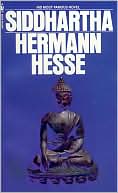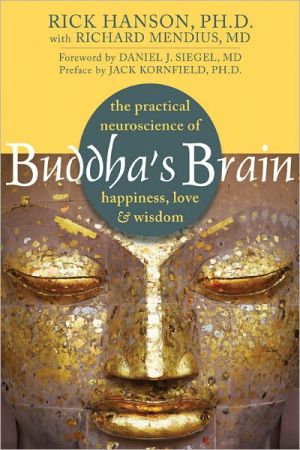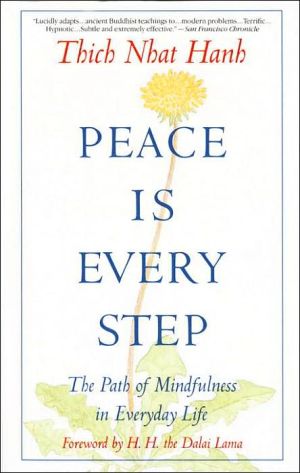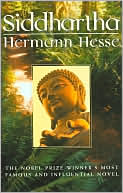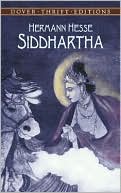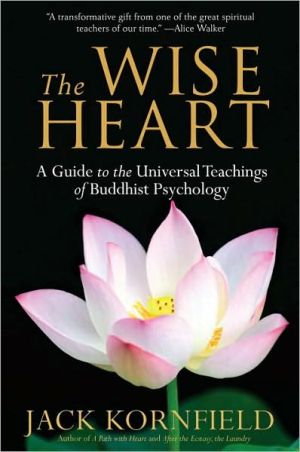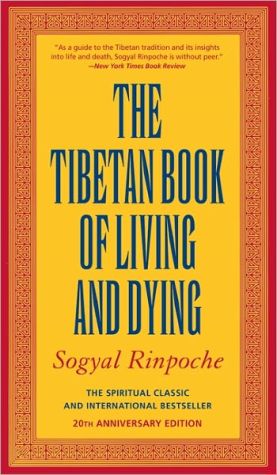The Book of Tea
Kakuzo Okakura, who was known in America as a scholar, art critic, and Curator of Chinese and Japanese Art at the Boston Museum of Fine Arts, directed almost his entire adult life toward the preservation and reawakening of the Japanese national heritage — in art, ethics, social customs, and other areas of life — in the face of the Westernizing influences that were revolutionizing Japan around the turn of the century. This modern classic is essentially an apology for Eastern traditions and...
Search in google:
Minor classic of the Orient. Perhaps the most entertaining, most charming explanation and interpretation of traditional Japanese culture in terms of the tea ceremony. Introduction, notes by E. F. Bleiler. Booknews Kakuzo was a leading figure in Japanese art and culture at the end of the 19th century, and this book, first published in 1906, is a classic treatise explicating the philosophical nuances of tea and the tea ceremony in Japanese culture. This edition contains an introduction by Liza Dalby who was the first American trained as a Geisha in the 1970s, and elegant photos by Daniel Proctor. Annotation c. Book News, Inc., Portland, OR (booknews.com)
The Cup of Humanity 1Tea ennobled into Teaism, a religion of aestheticism, the adoration of the beautiful among everyday factsTeaism developed among both nobles and peasantsThe mutual misunderstanding of the New World and the OldThe Worship of Tea in the WestEarly records of Tea in European writingThe Taoists' version of the combat between Spirit and MatterThe modern struggle for wealth and powerThe Schools of Tea 17The three stages of the evolution of TeaThe Boiled Tea, the Whipped Tea, and the Steeped Tea, representative of the Tang, the Sung, and the Ming dynasties of ChinaLuwuh, the first apostle of TeaThe Tea-ideals of the three dynastiesTo the latter-day Chinese Tea is a delicious beverage, but not an idealIn Japan Tea is a religion of the art of lifeTaoism and Zennism 33The connection of Zennism with TeaTaoism, and its successor Zennism, represent the individualistic trend of the Southern Chinese mindTaoism accepts the mundane and tries to find beauty in our world of woe and worryZennism emphasizes the teachings of TaoismThrough consecrated meditation may be attained supreme self-realisationZennism, like Taoism, is the worship of RelativityIdeal of Teaism a result of the Zen conception of greatness in the smallest incidents of lifeTaoism furnished the basis for aesthetic ideals, Zennism made them practicalThe Tea-Room 51The tea-room does not pretend to be other than a mere cottageThe simplicity and purism of the tea-roomSymbolism in the construction of thetea-roomThe system of its decorationA sanctuary from the vexations of the outer worldArt Appreciation 73Sympathetic communion of minds necessary for art appreciationThe secret understanding between the master and ourselvesThe value of suggestionArt is of value only to the extent that it speaks to usNo real feeling in much of the apparent enthusiasm to-dayConfusion of art with archaeologyWe are destroying art in destroying the beautiful in lifeFlowers 87Flowers our constant friendsThe Master of FlowersThe waste of Flowers among Western communitiesThe art of floriculture in the EastThe Tea-Masters and the Cult of FlowersThe Art of Flower ArrangementThe adoration of the Flower for its own sakeThe Flower-MastersTwo main branches of the schools of Flower Arrangement, the Formalistic and the NaturalesqueTea-Masters 107Real appreciation of art only possible to those who make of it a living influenceContributions of the Tea-Masters to artTheir influence on the conduct of lifeThe Last Tea of Rikiu

